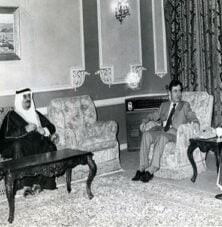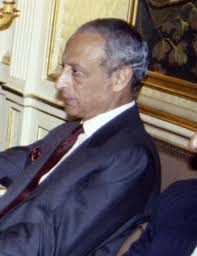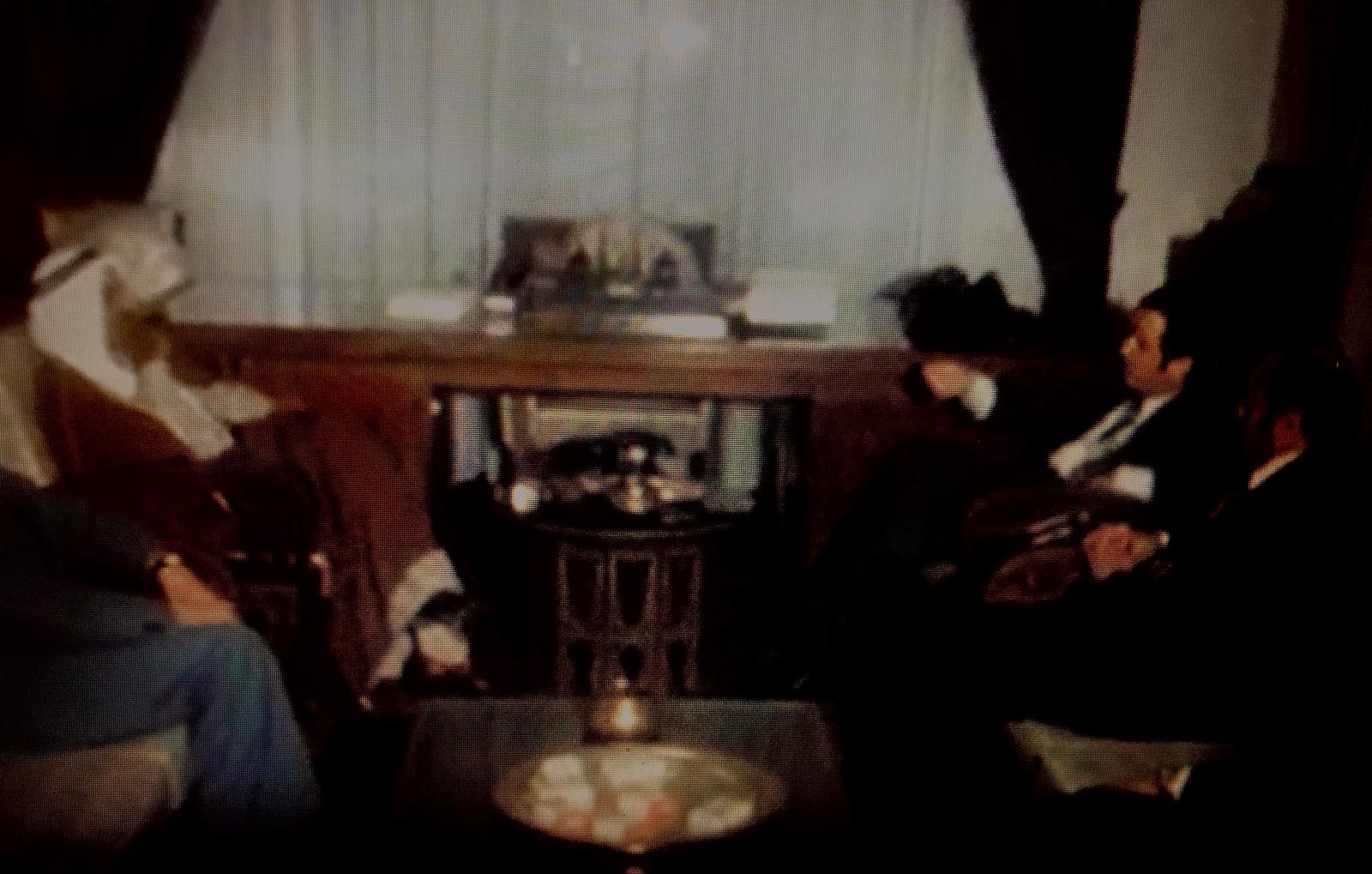Agence France-Presse quoted analysts in Damascus who stated that Syria, having recently restored diplomatic relations with Morocco, has made a new initiative over the weekend to improve relations with Egypt. However, Syria still adheres to a strict stance that does not foresee the possibility of near-future improvements in relations with Cairo.
The primary focus of Saudi Crown Prince Abdullah bin Abdulaziz’s visit to Damascus last Friday, which lasted 24 hours, was to clear the atmosphere between Syria and other Arab countries. The visit underscored Saudi Arabia’s traditional role as a mediator among Arab nations.
Before departing Damascus, Prince Abdullah stated that he had discussed Syria’s relations with Egypt, Iraq, and Morocco with President Hafez Al-Assad.
Arab diplomatic sources in Damascus indicate that Syria considers the Arab-Israeli conflict as the determinant of the Arab world’s fate and maintains the belief that attempts to engage in dialogue with the Zionist enemy are destined to fail.
Diplomatic sources further assert that Syria believes it can remain detached from the new diplomatic developments in the Middle East, including the Palestinian peace initiative and the prevailing climate of international détente. Syria’s crucial geostrategic location, particularly its shared borders with Israel and its significant military presence in Lebanon, contributes to this perception.
Last Saturday, Syrian Vice President Abdel Halim Khaddam expressed that Egypt is dear to Syria upon the departure of the Saudi Crown Prince. This statement appeared to be a new goodwill gesture from Damascus towards Cairo, marking the third such gesture in less than two months. It is worth noting that diplomatic relations between Damascus and Cairo were severed in 1977 following the visit of former Egyptian President Anwar Sadat to Jerusalem.
Observers in Damascus perceive this gesture as cautious. In response to a question regarding Egypt’s potential return to the Arab League, the Syrian Vice President promptly added that he cannot address press inquiries on ongoing talks. It is important to mention that Egypt’s membership in the Arab League was suspended after the signing of the Egyptian-Israeli peace treaty in 1979.
However, resolving the dispute between Syria and Iraq appears to be much more challenging. Damascus, which maintains a special alliance with Tehran, views Baghdad as having deprived the Arab nations of a powerful force against Israel by initiating a war with Iran in 1980. The Syrian press consistently delivers vehement criticism of the Iraqi regime and strongly condemns Iraq’s military support to the Lebanese Forces militia, which staunchly opposes the presence of Syrian military in Lebanon.
Lastly, the situation with the Palestine Liberation Organization (PLO) remains unresolved. Yasser Arafat, the chairman of the PLO’s executive committee, was expelled from Damascus in 1983. Although the Syrian media consistently aligns with the defeated line of the PLO, Palestinian circles believe that Damascus has been adopting a cautious stance since the declaration of the Palestinian state on November 15 in Algeria.
Damascus, which has not yet officially recognized the Palestinian state, is awaiting further developments before making any decision in this regard, according to the same circles.



